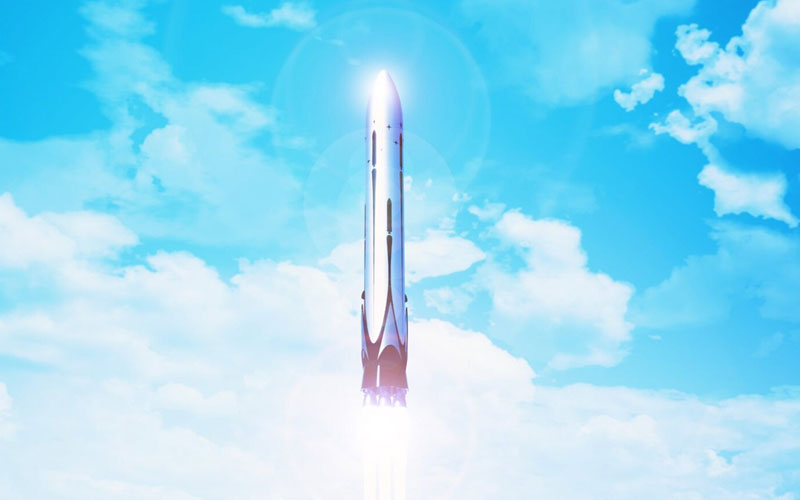
The European Space Agency has published a call for reusable rocket booster concept proposals that will allow Europe to develop “the necessary reusable transportation systems to achieve routine access to space.”
The Boosters for European Space Transportation (BEST!) initiative is being managed by ESA’s Space Transportation Directorate under its Future Launcher Preparatory Programme (FLPP). According to the initiative’s call, the aim of BEST! is to allow the development of new launcher architectures or the improvement of existing launch systems. That second element is an interesting addition as it goes on to state that concept studies should focus on a liquid reusable booster or a reusable first stage.
The phrasing of “liquid reusable booster” and the fact that the programme will potentially be aimed at existing launch systems suggests that this may be part of an Ariane 6 evolution. If this is not one of the direct aims of the initiative, ArianeGroup will certainly be in a position to utilize BEST! as a means to fund, at least partially, the transfer of the knowledge gained during the ongoing development of the reusable booster demonstrator Themis to an evolved Ariane 6 variant.
Another interesting element of the call is a requirement to focus on a “high risk / high gain incremental development scheme.” This development scheme should, according to the call, be accompanied by the fostering of private investment and co-funding schemes and a dedication to commercial space transportation. In other words, it is not exactly a traditional ESA development model.
Initial proposal submissions for BEST! will close at the end of February. In March, feedback will be given, and a pitch day will be hosted to close out the first stage of the programme’s initial phase. In late March, an invitation to tender will be published, which will require applicants to submit full proposals. Submissions for this second stage will close in early May, with successful bidders being notified in late May. The studies conducted from that point will be utilized to bring the programme to a vote for funding at the ESA ministerial level council meeting in late 2025.

